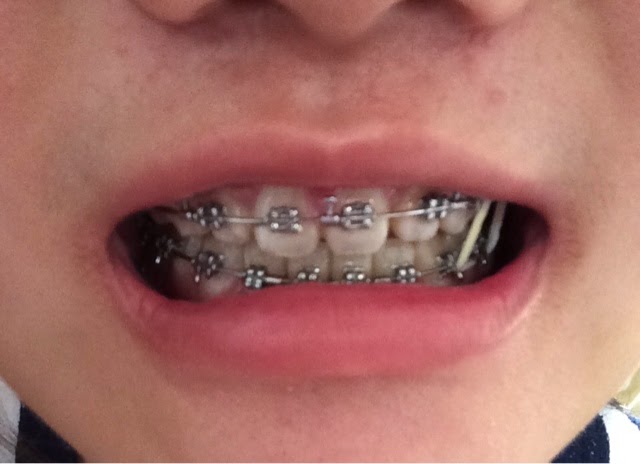

A clicky jaw in itself may not cause you a problem but it may be having a knock on effect somewhere else. I have been very interested in treating this area for some time now and have built up this specialist service. The pain that comes from a slipped disc in the jaw or associated muscle spasms can range from annoying to debilitating. The disc is often displaced due to the straining of the masseter (chewing) muscle and the lengthening o the lateral ligaments. This can interfere with the smooth gliding of the jaw bone the mandible on the temporal bone of the skull. When you hear a click when chewing it is the disc displacing. The jaw joint is called the temporamandibular joint and is made up of an articular disc. It’s not just backs that can have a slipped disc. Often when taking a case history with a patient suffering headache or neck pain I find they have a clicky jaw. congested or stuffy feeling in your earsīy stabilizing and realigning your jaw, your bite will be restored back to its normal position, relieving the problems in your ears caused by the misaligned bite.Ĭonsult your TMJ Osteopath at Cappino by calling 51.It’s not just backs that can have a slipped disc.The most common and obvious effect is persistent ringing or whistling in the ears. When the bite is misaligned – muscles and nerves throughout the head, including the ears, can be affected. The jaw area is a complex network of muscles and nerves. These symptoms are the result of having a strained bite when the jaw is not aligned. Because of jaw misalignment and the over-compensation of these muscles, it can lead to a multitude of symptoms related to your ears. Your ear has two important muscles: the tensor tympani (it attaches to the ear drum, stabilizing it from the excess vibration caused by loud sounds) and the tensor levi palatini (it attaches to the Eustachian tube helping to equalizing pressure within the inner ear…it is what “unplugs” your ears when you chew gum or suck a hard candy in an airplane). Technically (and medically) here’s what is going on:The over-activity of your jaw can make your ear canal sensitive and can result in a multitude of symptoms. Ear congestion, persistent earaches, dizziness, vertigo, ringing or whistling in the ears… these can all be traced back to TMJ. And your lower lip starts to roll out and jowls begin to appear. Wrinkles and creases form and deepen on the sides of your nose and mouth. A bad bite can have significant wear and tear on your teeth and can radically impact the appearance of your face. This can impact the way your mouth functions and can prevent you from fully opening your mouth and limiting your eating, swallowing, chewing and talking ability. Impacts of a misaligned jawĪn imbalanced bite stresses and strains the jaw, creating issues in the joints, muscles, nerves and all its related operations. The over-worked muscles from an unbalanced bite can result in pain that will materialize in the form of migraines, headaches, earaches, muscles tenderness, facial discomfort, a sore jaw and a multitude of other symptoms. These muscles are then forced into a strained position which translates in discomfort throughout the face, head, arms, shoulders and back. When your teeth are misaligned, they cannot provide enough muscle support in your face needed for chewing and swallowing.


 0 kommentar(er)
0 kommentar(er)
